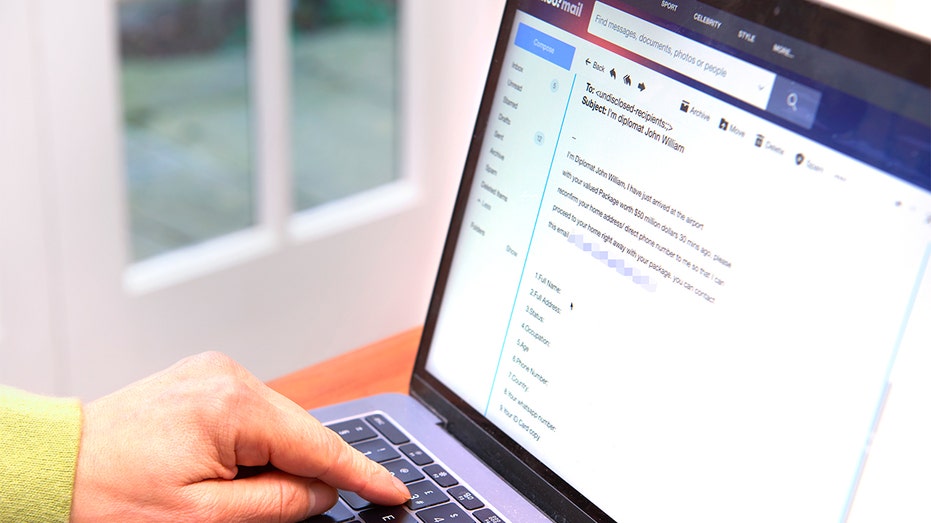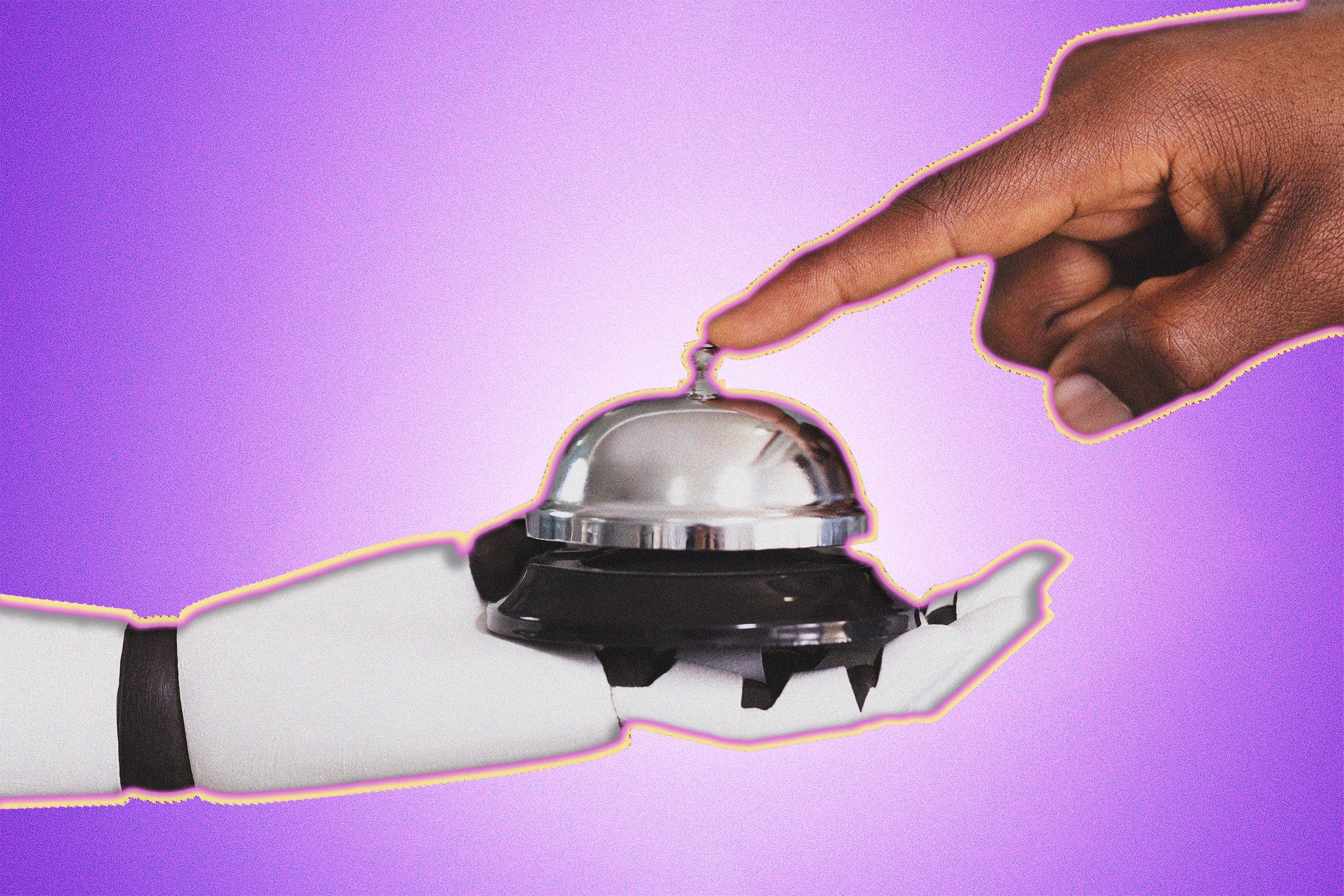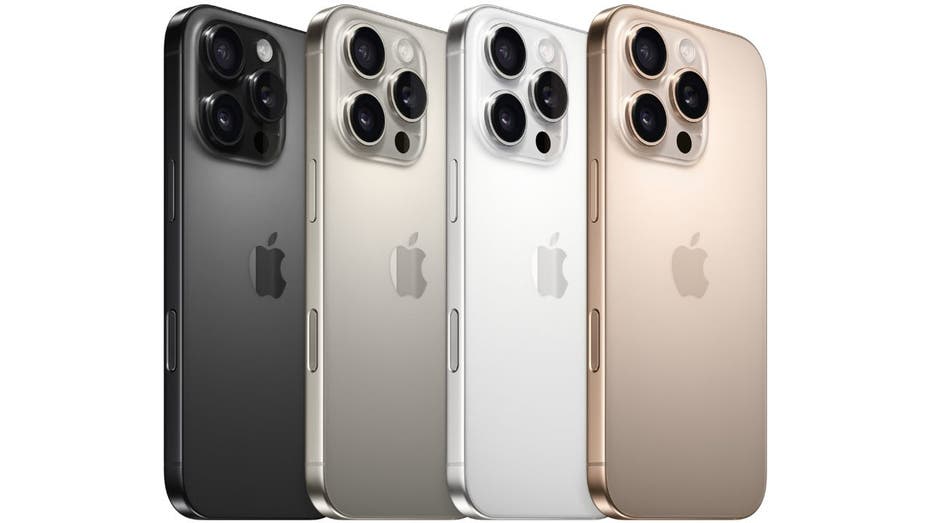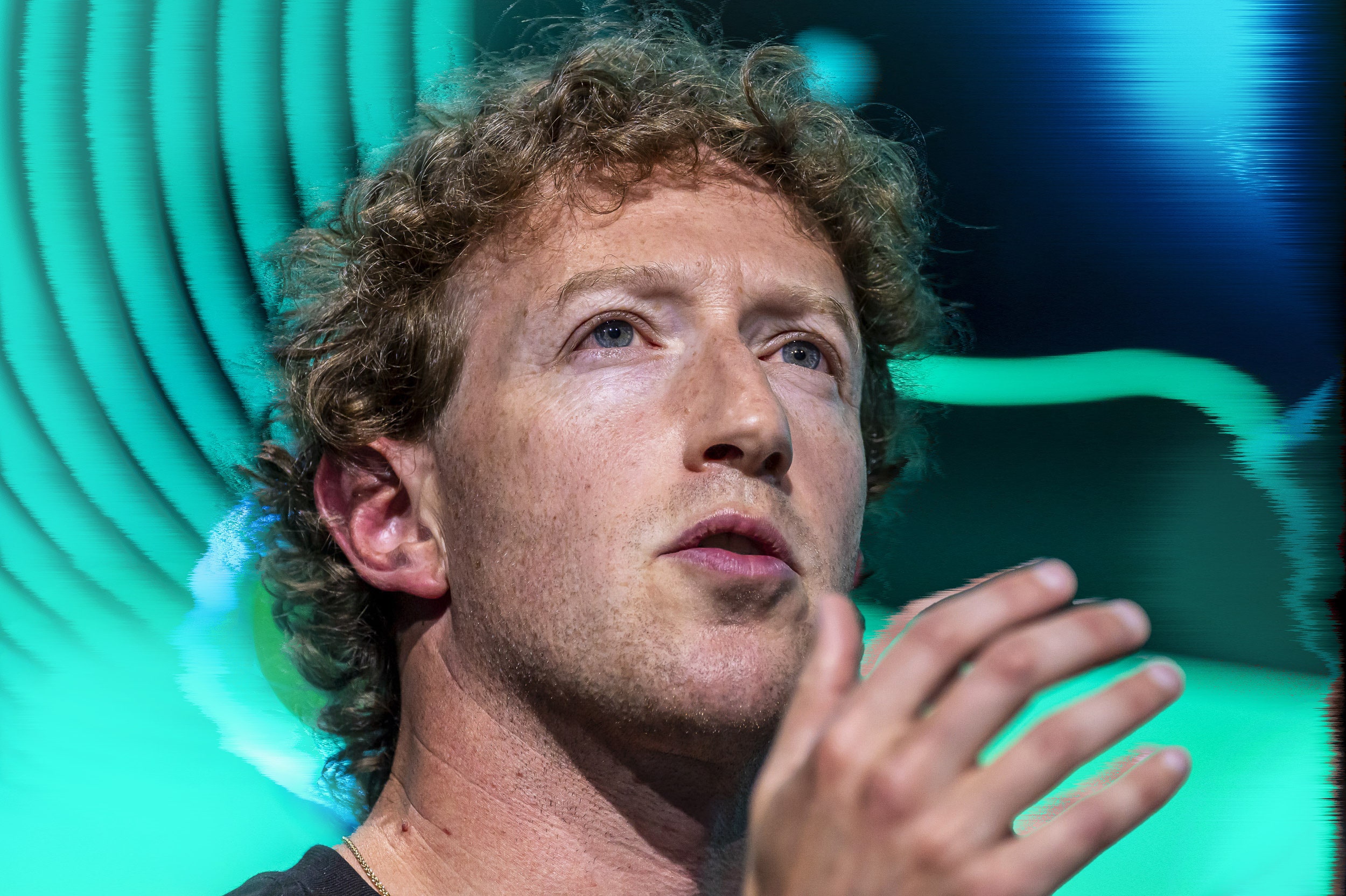The cartoon interviewer greets you on screen. He looks a little young to be asking questions about a job—sort of a cartoon version of Harry Potter, with dark hair and glasses. You can choose other interviewers to speak with instead, representing various genders and races with names like Benjamin, Leslie, and Kristin. Alex, the name given to this AI interviewer, asks about your professional experience, theoretical questions about programming, and then gives out a coding exercise.
Alex is an AI interviewer developed by micro1, a US company that describes itself as an AI recruitment engine for engineers. The tech provides an “enjoyable, gamified, and less-biased interview process,” the company’s founder, Ali Ansari, claims in a demo video of the tech.
The use of AI tools in job hunting is becoming widespread. Career sites like Indeed and LinkedIn have incorporated generative AI tools for job seekers and recruiters into their platforms. There are interviewer chatbots companies can enable, as well as AI tools to help people practice for job interviews. But the use of AI in evaluating candidates has mixed reviews: Some HR tools have been caught making negative judgements on applicants who have Black-sounding names, giving preference to men, or skipping over candidates with employment gaps on resumes.
AI tools in hiring save companies money and time, but the long-term implications for workers have yet to be realized.
Ansari tells WIRED that this tool allows companies to “screen candidates in a much more efficient and accurate manner.” Micro1 splits its model into two formats: Companies can employ the software to interview candidates for specific roles, and rather than picking through a sample size of thousands of applicants, can screen endless masses of candidates with the AI interviewer. Or, candidates can go through the process independently to be added to a marketplace of engineers. The internal marketplace has a talent pool of vetted engineers—from India, Argentina, Brazil, and other countries far from American tech hubs —who Ansari describes as “untapped but exceptional.” This, he says, may help diversify who gets to work in top tech jobs. “We become the way into Silicon Valley,” Ansari says.
More than 100,000 people have gone through micro1’s screenings with hopes of being added to its marketplace of engineers, and it lists companies like Monday.com and AI company DoNotPay among those who have used its system to screen or hired engineers from its marketplace. Ansari says companies are using micro1 to screen as many as 30,000 candidates a month.
Asynchronous video interviews have become more common, with companies turning to pre-recorded responses in automated systems to handle screening interviews. This task has become more onerous after a series of layoffs in the past two years have whittled down the number of positions available, and recruiters who post open roles on sites like LinkedIn can receive hundreds or thousands of applicants. And generative AI tools have made it easier for those seeking jobs to bulk apply, creating more applications for recruiters and hiring managers to review—some with little relevance to the role. But while AI is becoming more common on the hiring side, too, some recruiters are wary of the biases it may have, and have steered clear of employing the tools in their decisions.





